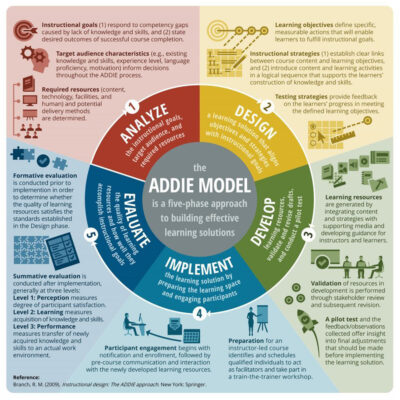The informal meets the formal
The dissonance between what teenagers learn in classrooms and their everyday lives is not a recent phenomenon, but it is increasingly relevant as school systems are unable to follow the evolution of media and society beyond traditional concerns regarding the protection of young people [1]Pereira, S., Fillol, J. and Moura, P. (2019) Young people learning from digital media outside of school: The informal meets the formal. Comunicar, Media Education Research Journal [online]. 85(27), … Continue reading. An overly scholarly view of learning continues to prevail in our society, which seems to marginalize the knowledge that young people develop with and through media and digital platforms. Based on questionnaires, workshops, and interviews conducted with Portuguese teenagers, aged 12 to 16 years old (N=78), attending an urban and a rural school in the North of the country, this paper aims to understand how these teens are learning to use the media, what motivates them, and if their media practices contribute to the acquisition of skills and competencies useful to their lives inside and outside school. The research’s main results confirm the existence of a gap between formal and informal education. Informal education is mainly motivated by their needs and peer influence. Colleagues and family, alongside the Internet and self-discovery, appear as important sources of knowledge. Another important conclusion is that informal learning strategies contribute to the development of skills and competencies that are useful from a school viewpoint.
Authors: Sara Pereira ORCiD, Joana Fillol ORCiD and Pedro Moura ORCiD
Web source: Comunicar – Media Education Research Journal
#InformalMeetsFormal #TeenagersLearning #MediaAndSociety #DigitalMedia #LearningOutsideSchool #MarginalizedKnowledge #YouthAndMedia #SkillsAndCompetencies #InformalEducation #FormalVsInformal
References
| ↑1 | Pereira, S., Fillol, J. and Moura, P. (2019) Young people learning from digital media outside of school: The informal meets the formal. Comunicar, Media Education Research Journal [online]. 85(27), pp. 41-50 [Accessed 06 December 2019]. Available at: <https://www.revistacomunicar.com/verpdf.php?numero=58&articulo=58-2019-04&idioma=en>. |
|---|




